Digital Humanities:
An Introduction

What is technology?

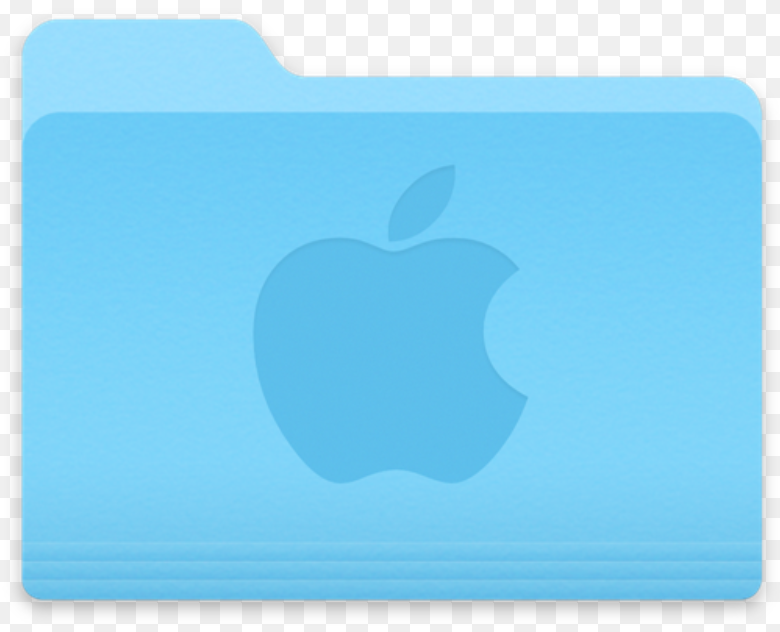
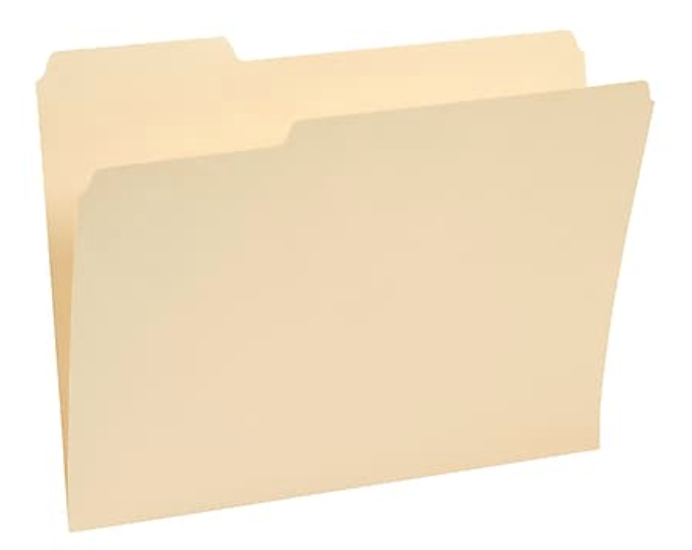
“There is no such thing as a new idea. It is impossible. We simply take a lot of old ideas and put them into a sort of mental kaleidoscope. We give them a turn and they make new and curious combinations. We keep on turning and making new combinations indefinitely; but they are the same old pieces of colored glass that have been in use through all the ages.”
-- Mark Twain
Silent Disco: Then and Now?

"Silent Disco," 1920, Wikimedia Commons
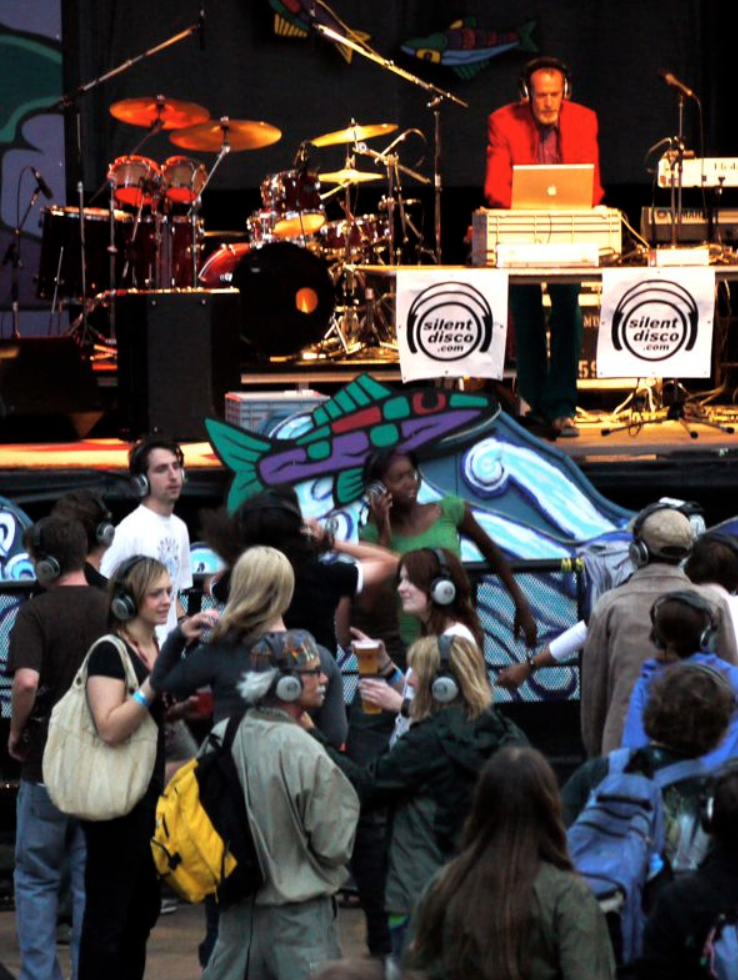
Silent Disco, 2009, Wikimedia Commons
Codex --> Printed Book --> Ebook
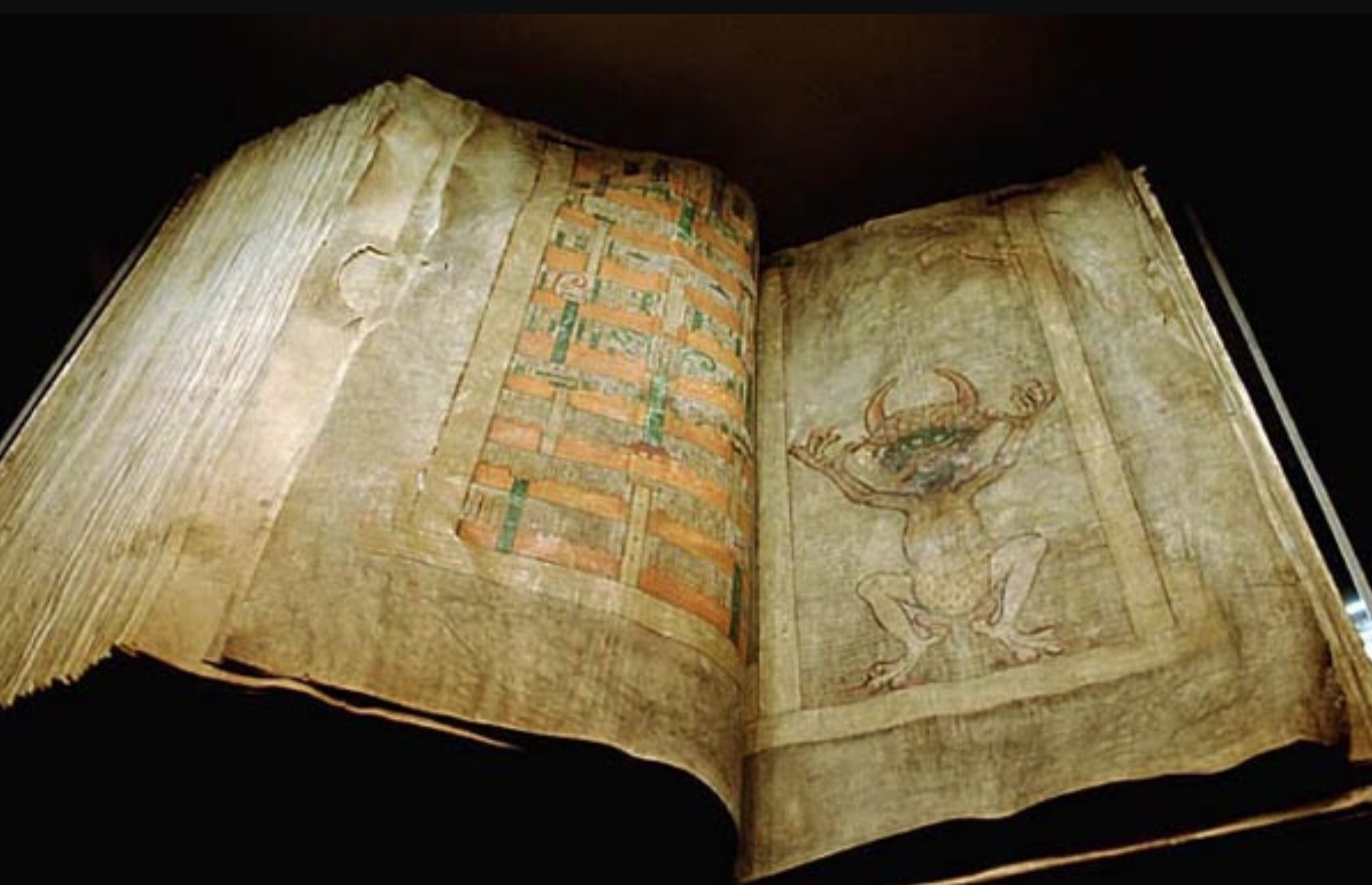
The Codex Gigas, 13th century, Bohemia.

The Gutenberg Bible, 15th century, Germany.
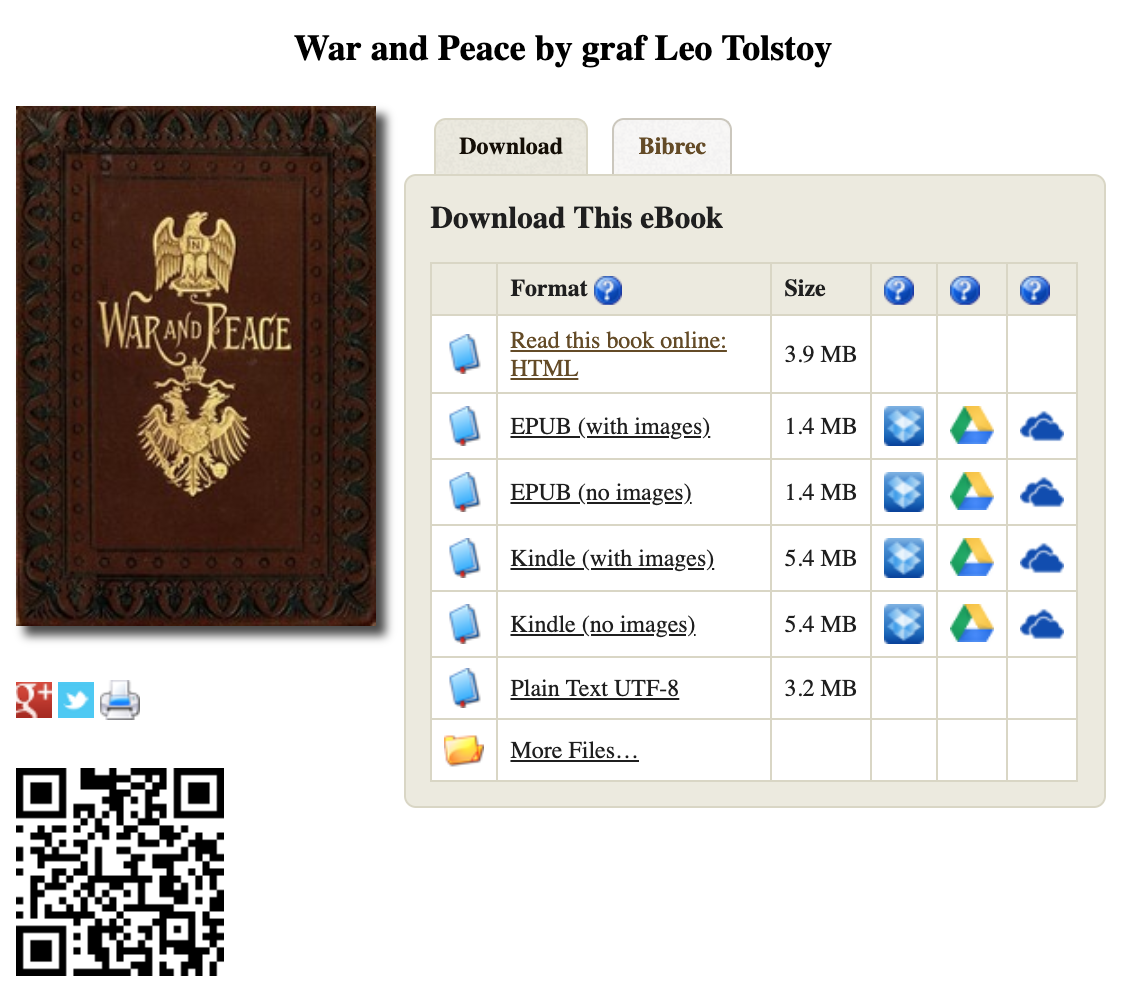
Project Gutenberg, 2019, World Wide Web.
The Humanities, Done Digitally:
“a nexus of fields within which scholars use computing technologies to investigate the kinds of questions that are traditional to the humanities, or, as is more true of my own work, ask traditional kinds of humanities-oriented questions about computing technologies.”
--Kathleen Fitzpatrick
"The Humanities" - fields that consider the record of humanity and asks questions about what it means to be human
For example: History, Literary Studies, Philosophy, Religion, Musicology, Performance Studies, etc.
What do Digital Humanists make?
Brennan: "Digital history is an approach to researching and interpreting the past that relies on computer and communication technologies to help gather, quantify, interpret, and share historical materials and narratives."
-
Digital Collections
-
Teaching and Learning
-
Digital Exhibits and Publications
-
Collaborative Digital Public History
-
Computational Analysis
Digital Humanities
Open source/Open access
Collaboration
New scales of analysis/publication
Open source = code freely available
Open access = content freely available
DH teams are often interdisciplinary and interinstitutional: scholars, web developers, librarians, students, the public
Use computational methods to analzye sources in new ways
Use web publishing tools to reach larger audiences


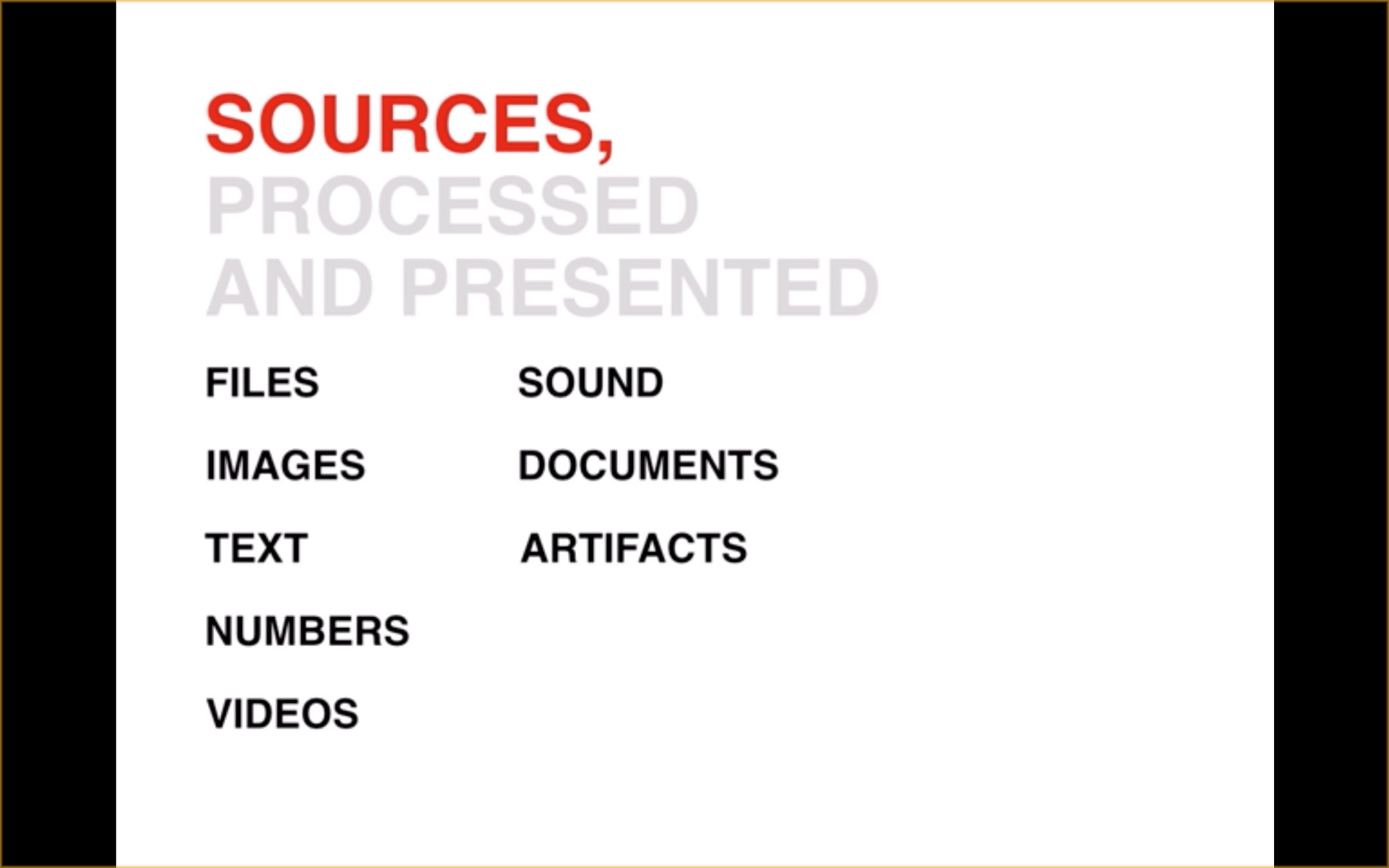
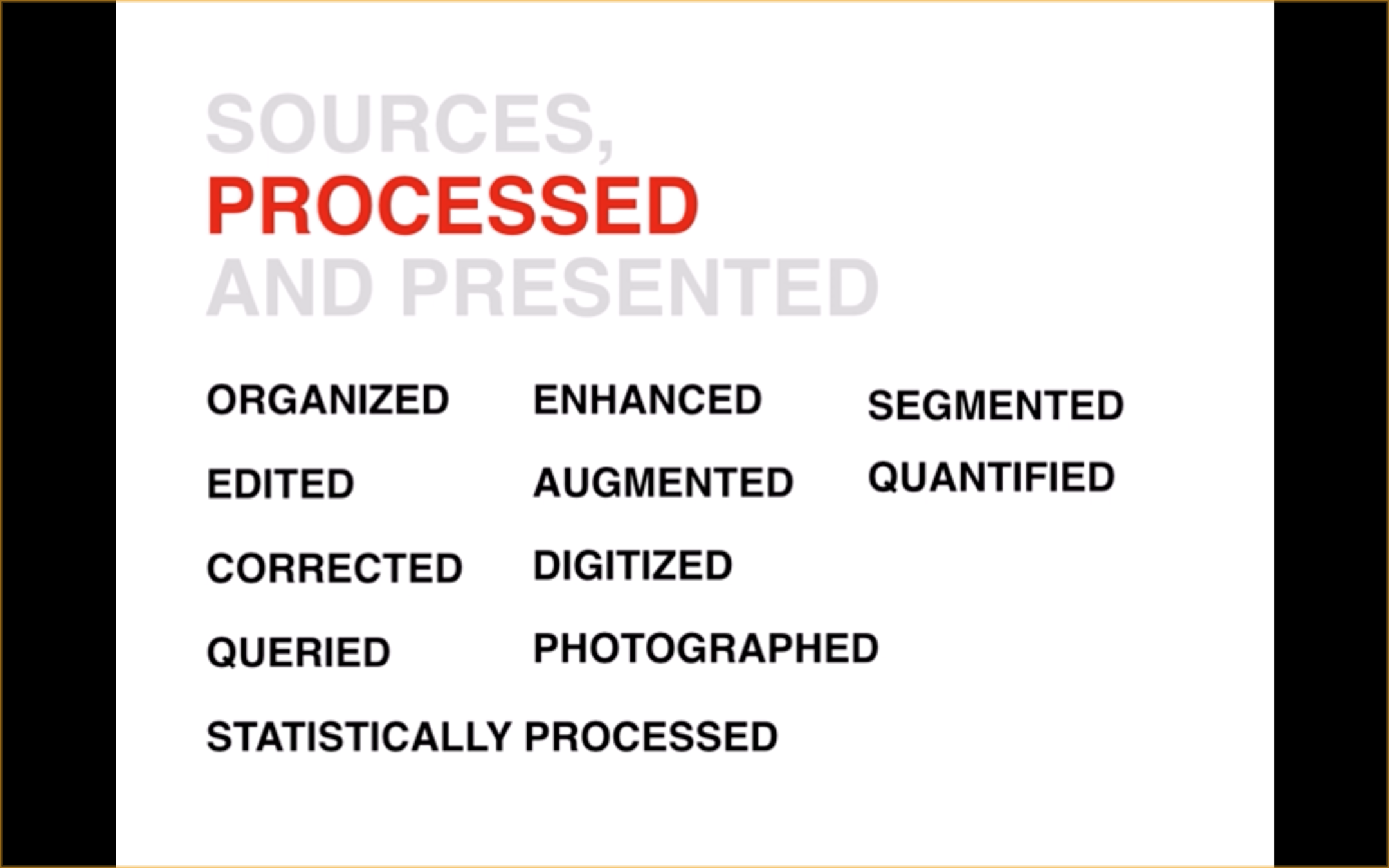
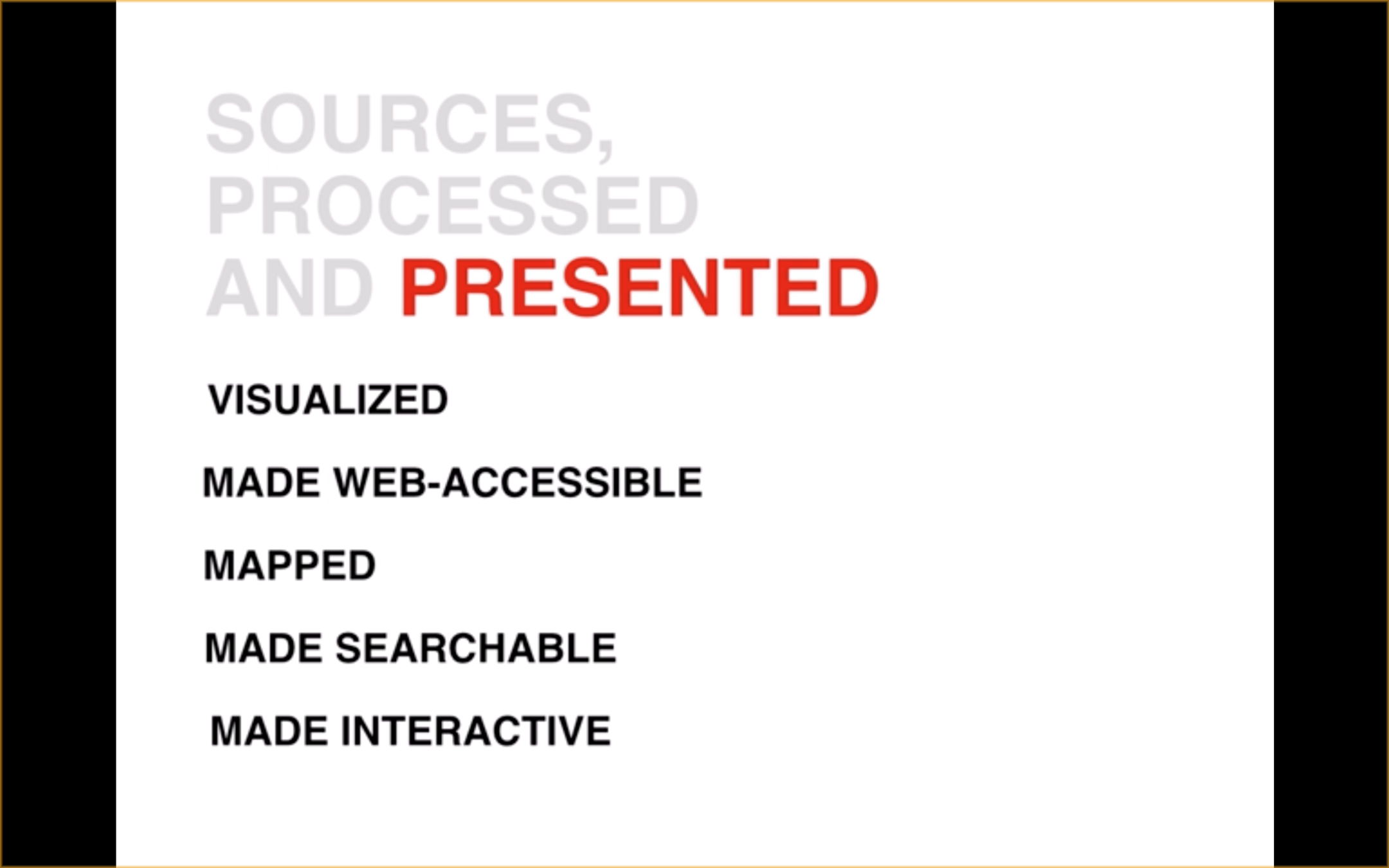
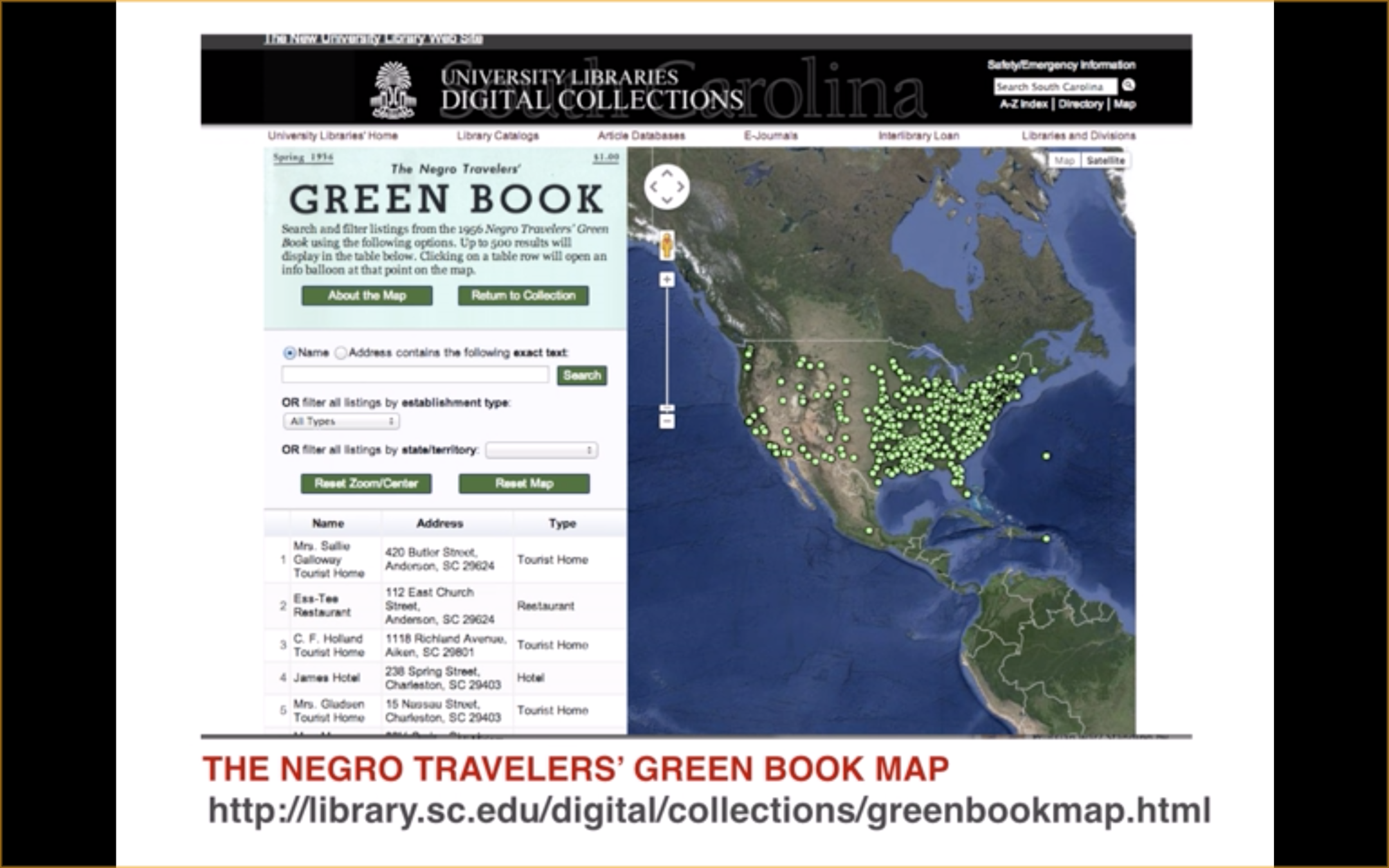
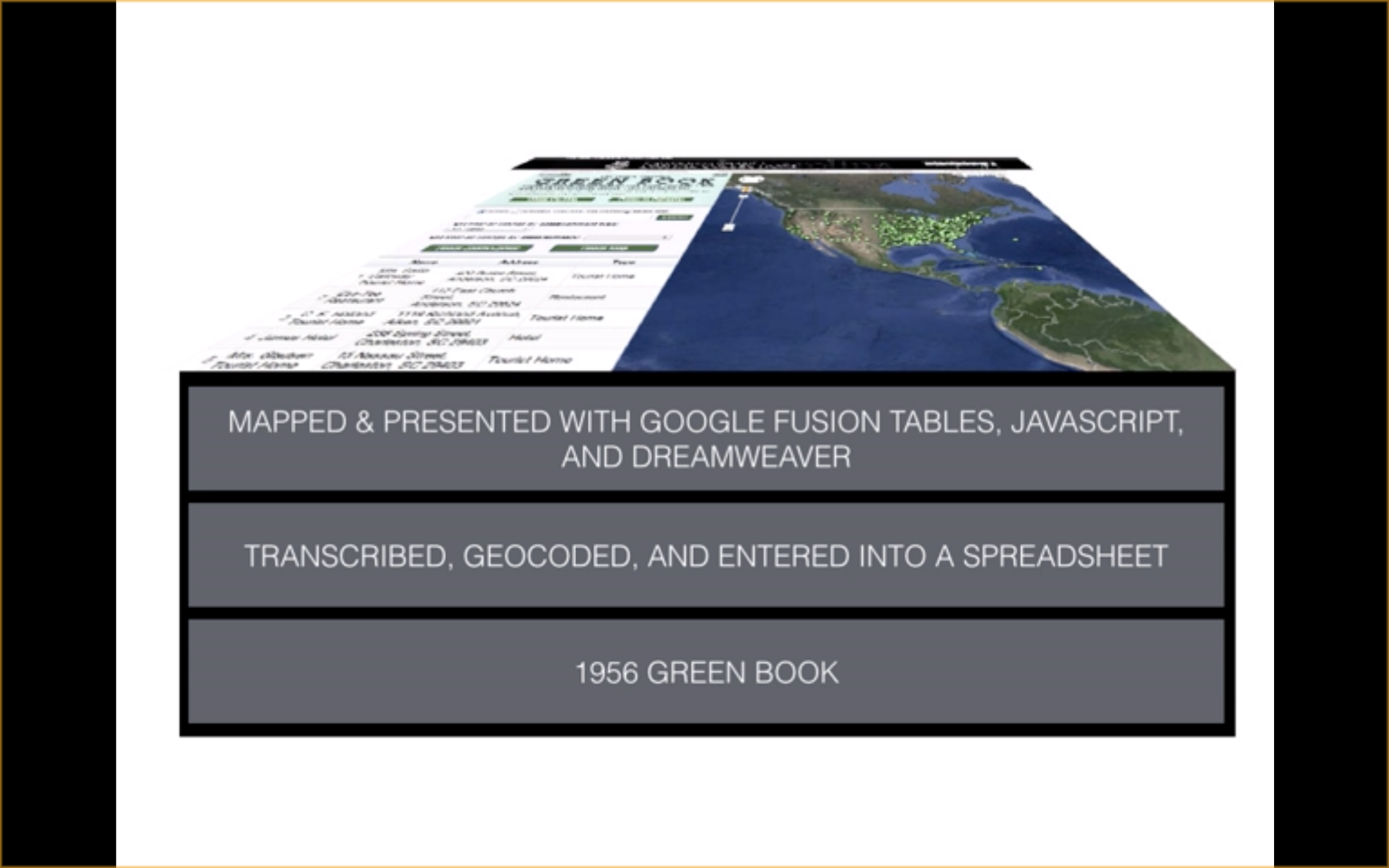
-
Colored Conventions Project: https://coloredconventions.org/
-
World History Commons: https://worldhistorycommons.org/
-
The Lost Museum: https://lostmuseum.cuny.edu/
-
The Lemonade Syllabus: https://issuu.com/candicebenbow/docs/lemonade_syllabus_2016
-
The Nicest Kids in Town: http://nicestkids.com/nehvectors/nicest-kids/remembering-american-bandstand-forgetting-segregation?path=legacy
-
Freedom's Ring: https://freedomsring.stanford.edu/?view=Speech
-
OutHistory: https://outhistory.org/
-
LOC By the People: https://crowd.loc.gov/campaigns-topics/
-
Mapping Inequality: https://dsl.richmond.edu/panorama/redlining/
-
Mining the Dispatch: https://dsl.richmond.edu/dispatch/topics
-
Linked Jazz: https://linkedjazz.org/network/
-
States of Incarceration: https://statesofincarceration.org/
-
The real face of white australia: https://www.realfaceofwhiteaustralia.net/faces/?rsort=7
-
The Knotted Line: https://knottedline.com/
DH: An Introduction
By jdauteri
DH: An Introduction
- 601



